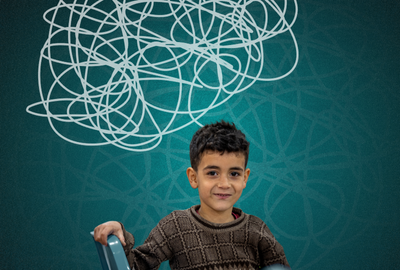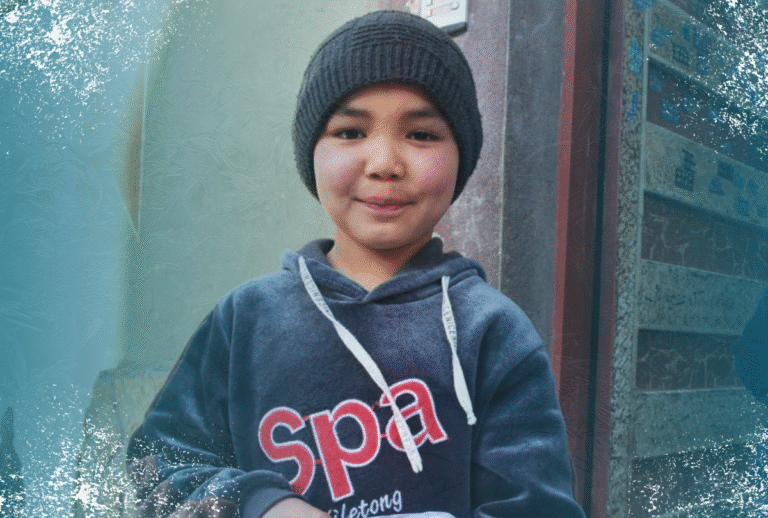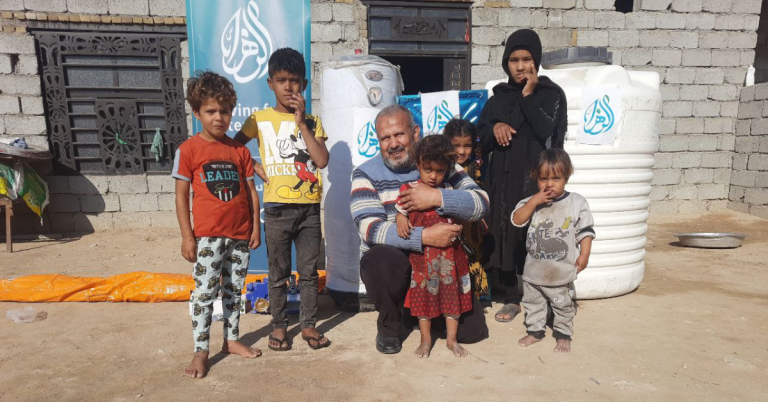Everything You Need to Know About Mental Health in Children and Teens
Mental health starts in childhood.
The foundations laid during this time shape the adults young people will become, the choices they’ll make, and the lives they will lead.
Yet today, millions of children and teenagers are struggling in silence. Let’s change that.
Mental Health Starts in Childhood
From the earliest years of life, a child’s brain is developing rapidly. During childhood and adolescence, young people begin to acquire the resilience and social skills they need to thrive in adult life.
When nurtured in a safe and supportive environment, these years can build lifelong mental strength.
But when neglected or filled with stress, trauma, or instability, the damage can be deep and long-lasting.
A Difficult Environment Hurts Mental Health
Unfortunately, many children don’t grow up in nurturing environments.
Instead, they face harmful experiences that increase their risk of developing mental health disorders.
Children exposed to:
- Violence
- Poverty
- Bullying
- Loss of a stable home environment
Are at significantly higher risk of emotional distress, anxiety, depression, and other long-term psychological conditions.
For children living in conflict zones, refugee camps, or regions plagued by instability, the risks are even greater.
Many of these children not only lack access to professional mental health care – they may never have known peace, routine, or safety.
The Numbers Are Alarming
8% of children and 15% of teenagers globally experience a mental health disorder. The majority never seek help or receive treatment.
Suicide is the 3rd leading cause of death among youth aged 15–29.
These numbers are not just statistics. They represent real lives, real pain, and real loss.
They should shock us, but more importantly, they should inspire us to act.
What Can Be Done?
Mental health must be a priority – from homes and classrooms to governments and humanitarian organizations.
It starts with:
- Creating safe, nurturing environments
- Listening to young people
- Raising awareness and reducing stigma
- Providing access to culturally sensitive mental health care
Offering stable education, shelter, and family support
How The Zahra Trust Is Taking Action
At The Zahra Trust, we are committed to caring for children most in need, wherever they may be.
From helping orphans return to school, to delivering long-term aid and psychosocial care to children in crisis, we are working across some of the world’s most remote and underserved regions – ensuring that no child is left alone.
Every child deserves the love, dignity, and support needed to grow into a healthy adult.
Let’s bring hope, healing, and strength back into the lives of the children who need it most.
FAQ
Childhood and adolescence are critical periods for brain development and emotional growth. During these years, young people build social, cognitive, and emotional skills that influence their lifelong mental well-being.
Common mental health conditions in children and adolescents include depression, anxiety, behavioural disorders, and developmental conditions such as autism and childhood epilepsy. In teens, suicide is a leading cause of death.
Children exposed to violence, poverty, bullying, neglect, or unstable home environments are at a higher risk of developing mental health conditions. Living in conflict zones or displacement can increase that risk significantly.
Barriers include stigma, lack of awareness, limited access to mental health services, and cultural or language obstacles. In many low-resource or crisis-affected areas, mental health services may not be available at all.
The Zahra Trust supports vulnerable children – especially orphans and those in crisis – by providing access to education, shelter, and long-term emotional and mental health care in some of the world’s most underserved areas.


 Donate Now
Donate Now
 Donate
Donate









